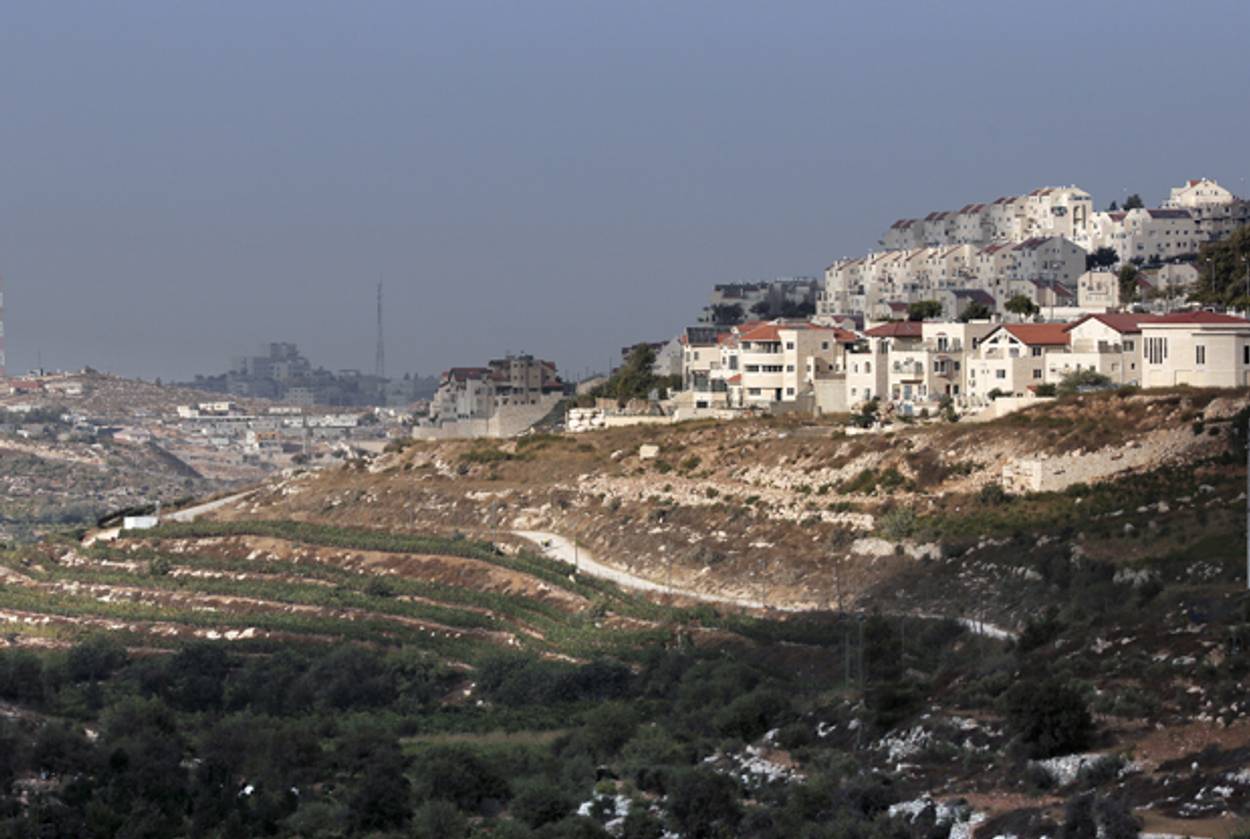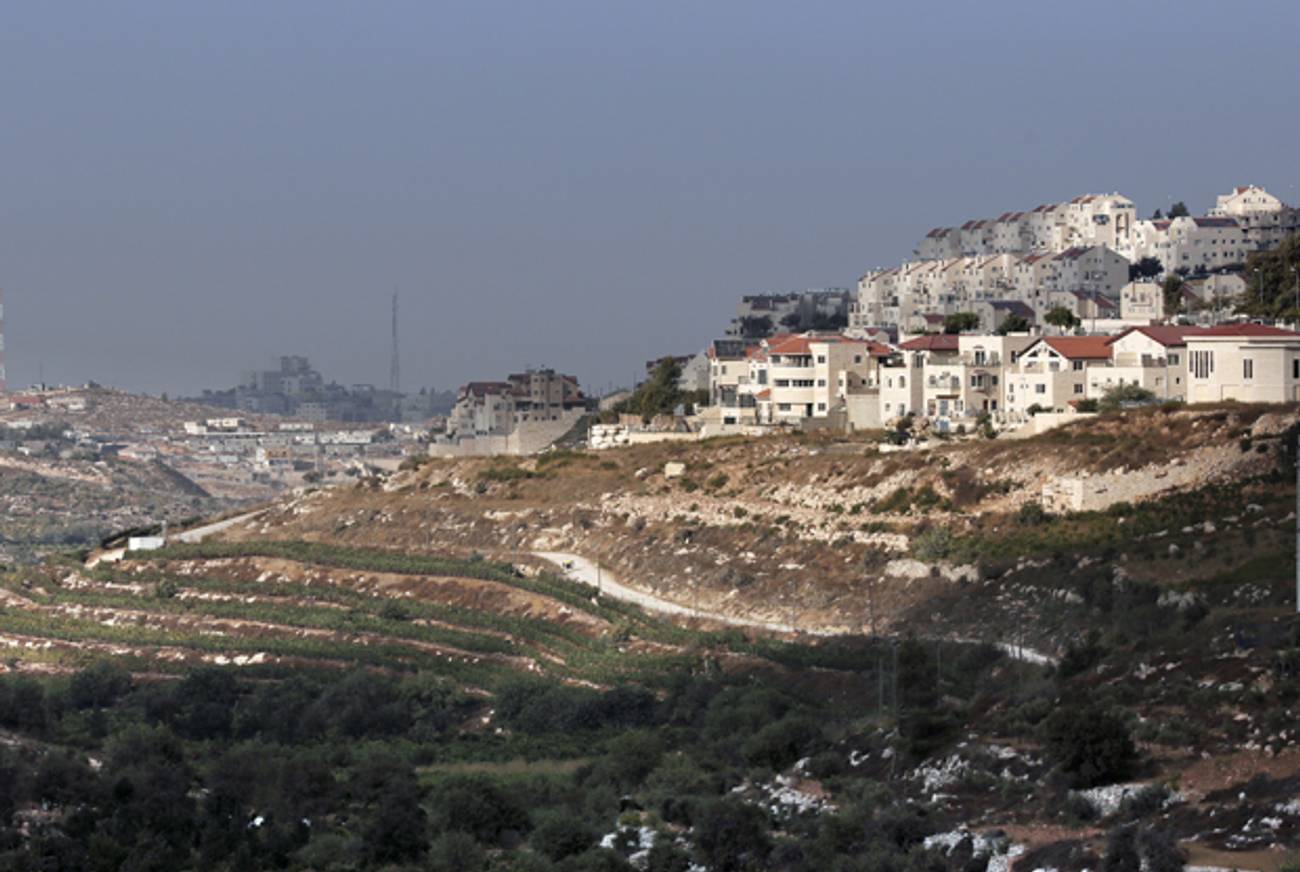Israel Claims Nearly 1,000 Acres in West Bank
Area designated ‘state land,’ paving the way for major settlement construction




Less than a week after Israel and Hamas agreed to a ceasefire in Gaza, bringing an end to the summer-long war, international attention has shifted to the West Bank, as Israel claimed nearly 1,000 acres, designating the area “state land,” as opposed to privately-owned land.
The area’s new status paves the way for controversial Israeli settlement construction, a major obstacle for future peace negotiations. According to reports, Palestinians with ownership claims to the land have 45 days to register objections.
The land, an area near Bethlehem known as Gevaot, was reportedly taken in response to the Hamas kidnapping and murder of three Israeli teenagers in the area in June, which, along with the subsequent murder of a Palestinian teen, precipitated the Gaza operation.
The United Nations considers settlements in areas like the West Bank and Golan Heights illegal, and the United States has previously pushed for freezes on settlement construction.
The New York Times cited an anonymous U.S. official saying that the land appropriation was “counterproductive,” and said the U.S. urged Israel to reverse its decision.
Although the land appropriation comes days after both Israel and Hamas claimed victory in the bloody Gaza conflict, the situation in Gevaot has been percolating for years. In December 2012, the Israeli Defense Ministry advanced plans to build 523 homes in the area, according to the Jerusalem Post.
Justice Minister Tzipi Livni told reporters at the time that she supported development in Gevaot. But after the news of Israel’s recent land claim, Livni, who is overseeing the stalled peace talks between the Israelis and Palestinians, called the decision “incorrect” and said it “weakens Israel and damages its security.”
Gevaot, which is situated near Bethlehem in the westernmost area of the Gush Etzion settlement, has been inhabited by Israelis since the IDF built an outpost in the area in 1984. It later became a site for a yeshiva housed in caravans, as it was on private land owned by Palestinians.
In 1998, there were plans to turn Gevaot into a city of 13,000 apartment units, according to the Jerusalem Post, but the plans never materialized. After the yeshiva moved to Efrat, a few families stayed in Gevaot but lost a legal battle to remain there. Defense Minister Ehud Barak approved permanent housing in the area for the first time in 2012.
Adam Janofsky is a recent graduate of the University of Chicago, where he was editor of the student newspaper, The Chicago Maroon. He has worked and written for The Wall Street Journal, Bloomberg News, and The Bangkok Post. Follow him on Twitter @adamjanofsky.